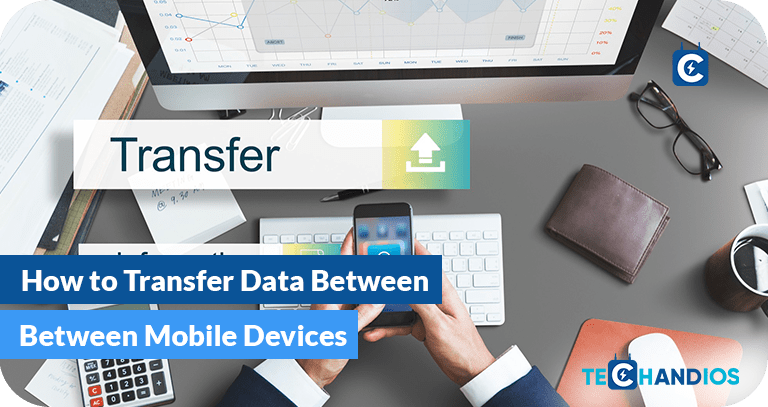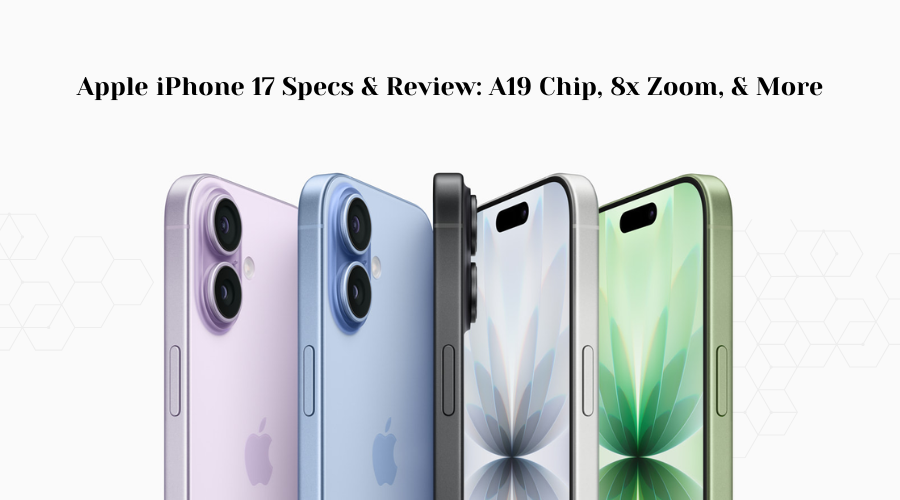The Art of Sharing: A Guide to Transferring Data Between Mobile Devices
In today’s digital dance transfer Data Between Mobile Devices, our mobile devices are more than just gadgets; they’re the keepers of our digital souls. From cherished photos to our favorite tunes, personal chats, and essential documents, they hold pieces of our lives we can’t afford to lose. So, when the time comes to switch phones or share these bits with friends or family, the prospect can seem daunting. But fear not, for the process is akin to sharing stories around a campfire, where the glow of the fire is the data, and the circle of friends, our devices.
The Prelude: Preparation Is Key
Before embarking on this journey of digital exchange, take a moment to ensure your treasure trove of data is neatly packed and ready to travel. This means backing up your data. Think of it as packing your suitcase before a trip. You wouldn’t want to leave behind your favorite sweater, would you?
The Pathways: Choosing Your Route
There are several roads you can take to transfer your data, each with its own charm.
- The Wireless Whisper: In the realm of mobile devices, Bluetooth and Wi-Fi Direct are like secret handshakes. They allow devices to share data directly, without the need for internet. It’s perfect for sharing photos or contacts quickly and easily.
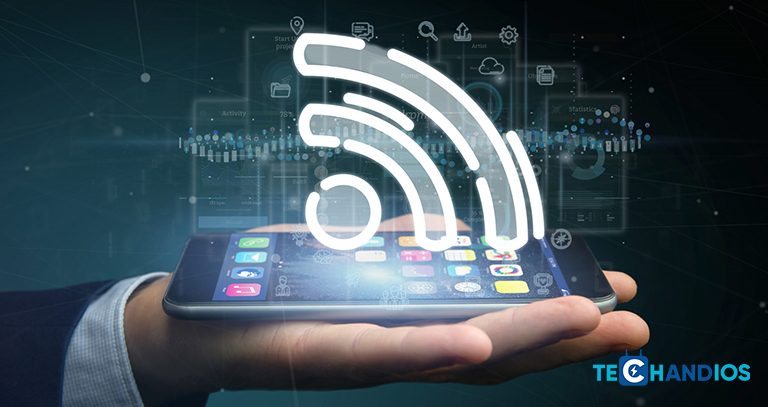
- The Cloud’s Embrace: Using cloud services is like sending your data on a flight through the sky. Services like iCloud, Google Drive, or Dropbox let you upload your data to a secure spot on the internet, from where you can download it onto your new device. It’s a safe and efficient way to move large amounts of data.

- The Corded Connection: For those who prefer a tangible link, using a USB cable or specialized data transfer tools can feel reassuring. It’s the digital equivalent of a sturdy bridge between your old and new devices.
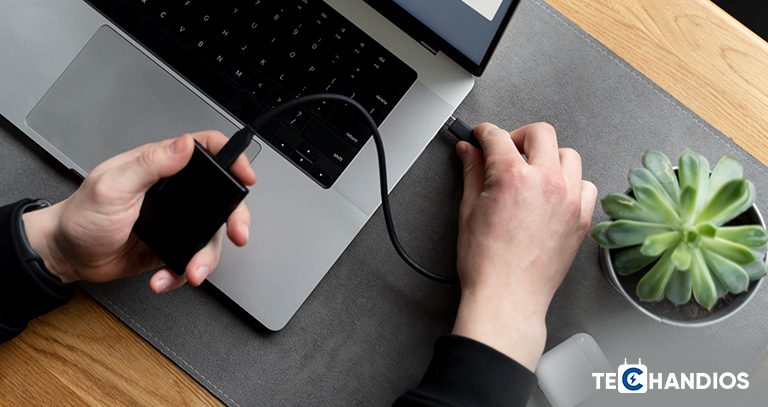
The Journey: Step by Step
No matter which path you choose, the steps to transfer your data are filled with intention and care. Here’s a simple guide to navigate this journey:
- Gather Your Tools: Whether it’s enabling Bluetooth, connecting to Wi-Fi, selecting a cloud service, or finding your USB cable, have everything ready. It’s like laying out all your ingredients before you start cooking.
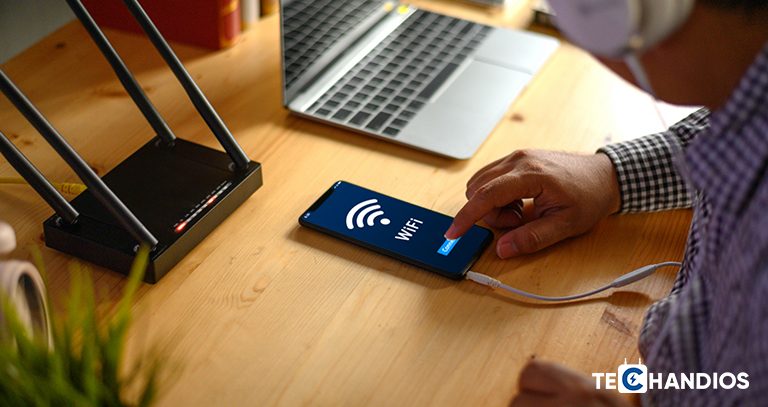
- Select Your Data: Decide what you want to transfer. Just like picking out clothes for a vacation, choose what’s necessary and meaningful.
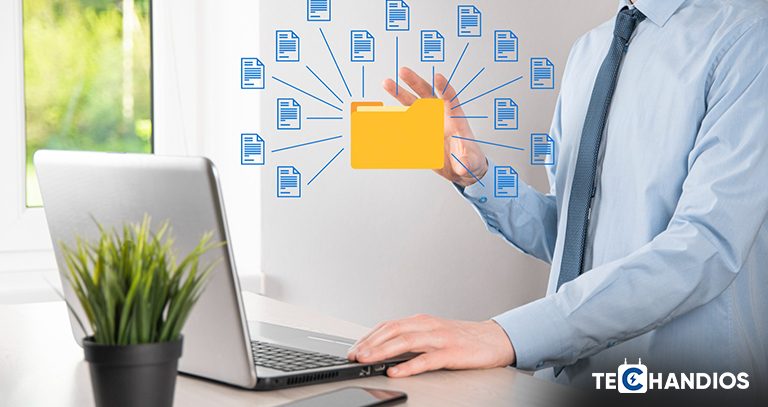
- Initiate the Transfer: Follow the specific steps for your chosen method. This might involve pairing devices via Bluetooth, uploading files to the cloud, or connecting devices with a cable.
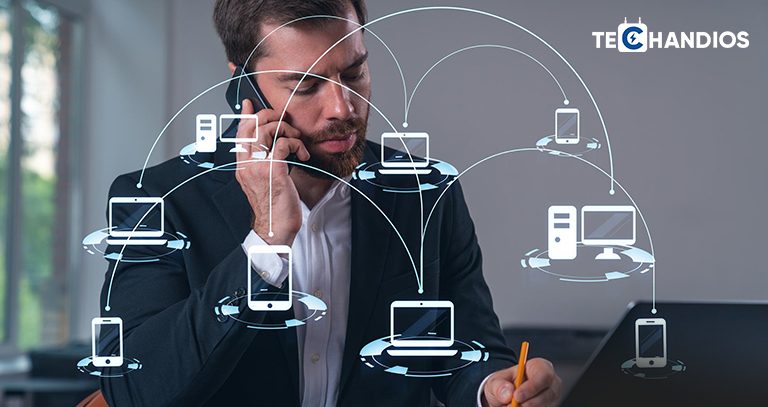
- Wait Patiently: Some transfers take longer than others. This is a good time to reflect, maybe sip on a cup of tea, and dream about how you’ll use your new device.
Verify the Transfer: Once complete, check your new device to ensure everything has arrived safely. It’s akin to checking into a hotel and making sure you have everything you need for a comfortable stay.
The Epilogue: A New Beginning
With your data transferred, you’re ready to embark on new adventures with your new device. But remember, the true value isn’t in the devices themselves, but in the memories and moments they hold. So, go forth and create new memories, safe in the knowledge that transferring them is but a simple step in the journey of our digital lives.
Transferring data between mobile devices doesn’t have to be a cold, technical task. It’s a part of our modern life’s narrative, a step in the ongoing story of our digital existence. By understanding and embracing this process, we not only make the task more manageable but also more meaningful.

